In collaboration with Bournemouth University, Professor Kathleen Galvin of the Faculty of Health and Social Care, University of Hull has been successful in attracting a grant from the Burdett Trust for Nursing to apply a new theoretical framework for the purpose of ‘humanising services’ in two clinical settings. The experience of dignity is linked to what makes people ‘feel human’. Conversely, what leads to dehumanisation and therefore loss of dignity needs to be understood and acted upon in meaningful service improvement. (Patients Association, 2009; 2012). Using a lifeworld orientation and grounded in phenomenological philosophy eight key considerations that are relevant to the challenge to improve peoples’ experiences of the human dimensions of services have been defined (Todres et al., 2009; Galvin & Todres, 2012). These are not detailed lists of ‘do’s’ and ‘don’ts’ or abstract generalities such as the need for more ‘user /customer focus’ or ‘choice’. Rather, they are eight dimensions about what makes a person feel human, which could help nurses, with service providers, to effectively focus their leadership when improving services to enhance dignity in care. The team from University of Hull, Professor Steven Ersser, Dr Fiona Cowdell, Professor Roger Watson, Jane Wray, Kathleen Galvin and the team from Bournemouth University, Professor Les Todres and Dr Caroline Ellis-Hill are interested in what older people with long term skin conditions (being treated at a dermatology outpatient clinic) and people who have had a stroke (being cared for in a stroke rehabilitation unit with outreach service) point to that would make human perspectives more central in treatment. Our key practice partners include: Dr. Shernaz Walton, Consultant Dermatologist, Hull and East Yorkshire, NHS Trust and Dr Damien Jenkinson, National Stroke Lead, Royal Bournemouth Hospital Trust. Within these two settings, dermatology clinic and a stroke rehabilitation unit, a tripartite humanising improvement team group comprising older service users, nurses, and academics will engage in a robust ‘humanising improvement’ process that will be evaluated.
Galvin, K.T. & Todres, L (2012) Caring and Well-being: A lifeworld approach. London: Routledge
The Patients’ Association (2009) Patients…not numbers, People…not statistics.
The Patients’ Association (2012) Stories from the present, lessons for the future.
Todres, L., Galvin, K. and Holloway, I. (2009) The humanisation of healthcare: a value framework for qualitative research. International Journal of Qualitative Studies on Health and Well-being, 4, 68-77.
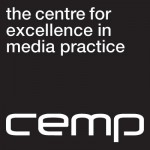


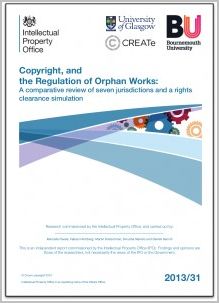

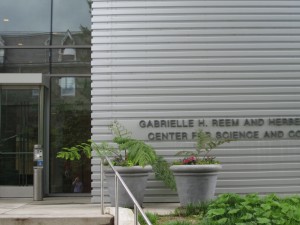
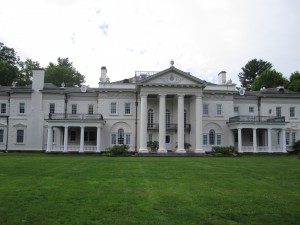
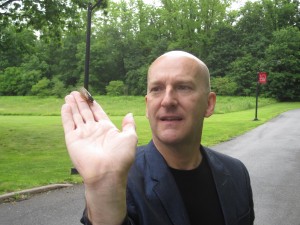
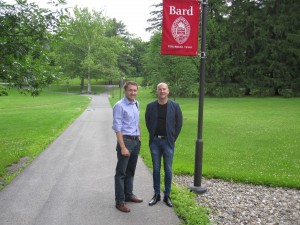
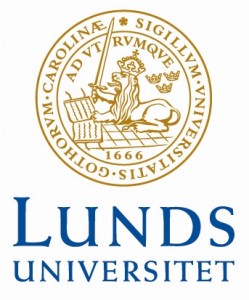


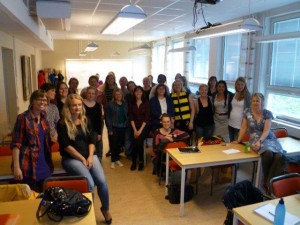

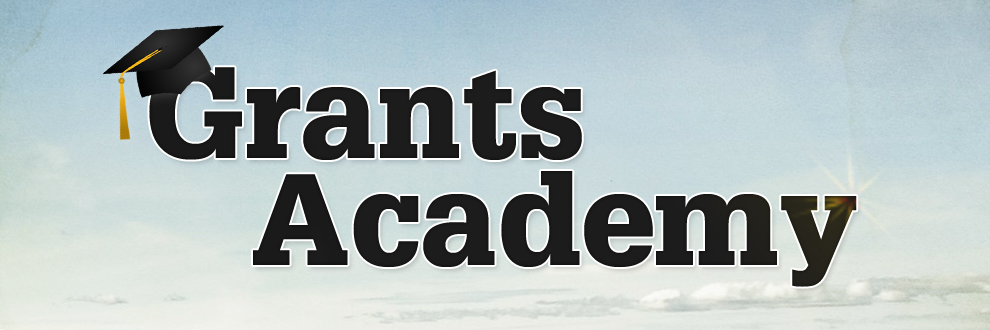











 Missing Persons Indicator Project Recruitment
Missing Persons Indicator Project Recruitment Celebrating our Research: Postgraduate Research Showcase 2026
Celebrating our Research: Postgraduate Research Showcase 2026 Nursing Research REF Impact in Nepal
Nursing Research REF Impact in Nepal Fourth INRC Symposium: From Clinical Applications to Neuro-Inspired Computation
Fourth INRC Symposium: From Clinical Applications to Neuro-Inspired Computation ESRC Festival of Social Science 2025 – Reflecting back and looking ahead to 2026
ESRC Festival of Social Science 2025 – Reflecting back and looking ahead to 2026 3C Event: Research Culture, Community & Cookies – Tuesday 13 January 10-11am
3C Event: Research Culture, Community & Cookies – Tuesday 13 January 10-11am ECR Funding Open Call: Research Culture & Community Grant – Application Deadline Friday 12 December
ECR Funding Open Call: Research Culture & Community Grant – Application Deadline Friday 12 December MSCA Postdoctoral Fellowships 2025 Call
MSCA Postdoctoral Fellowships 2025 Call ERC Advanced Grant 2025 Webinar
ERC Advanced Grant 2025 Webinar Horizon Europe Work Programme 2025 Published
Horizon Europe Work Programme 2025 Published Update on UKRO services
Update on UKRO services European research project exploring use of ‘virtual twins’ to better manage metabolic associated fatty liver disease
European research project exploring use of ‘virtual twins’ to better manage metabolic associated fatty liver disease